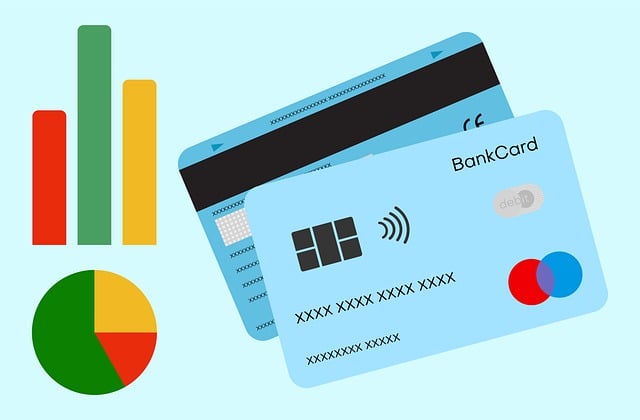Joint Debt Consolidation Loans in the UK combine secured and unsecured loans to manage debt effectively. Secured loans with collateral offer lower rates, while unsecured loans have higher rates without collateral. This strategy allows borrowers to balance high-interest debts with lower-interest ones, streamline payments, and potentially reduce overall interest expenses over time, making it an attractive solution for efficient multiple debt management.
When considering debt consolidation loans in the UK, one popular option is combining secured and unsecured loans for what’s known as a joint debt consolidation loan. This approach allows borrowers to leverage both types of collateral to potentially secure more favourable loan terms. Secured loans use an asset like property or a car as guarantee, which can lead to lower interest rates. Unsecured loans, on the other hand, don’t require any collateral but usually come with higher interest rates.
By bundling these two loan types, borrowers can balance risk and reward. For instance, a secured portion of the loan might cover high-interest debts like credit cards, while an unsecured component could handle lower-interest debts such as store cards or personal loans. This strategy not only simplifies repayment but also potentially reduces overall interest paid over time, making it an attractive option for managing multiple debts effectively.
When considering debt consolidation loans in the UK, whether secured or unsecured, or a combination of both like Joint Debt Consolidation Loans, it’s crucial to evaluate your financial situation and long-term goals. Secured loans offer lower interest rates but require collateral, while unsecured loans are more flexible with no collateral needed. Combining both can provide the best of both worlds, allowing you to manage debt effectively and maintain financial freedom. Always remember to compare offers, consider terms, and choose a loan that aligns with your ability to repay.
